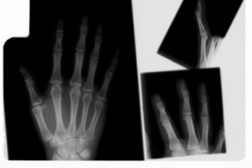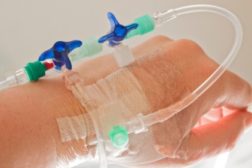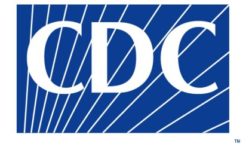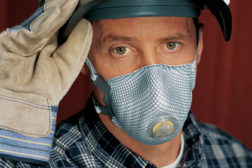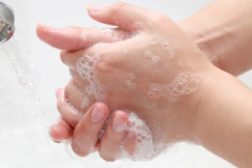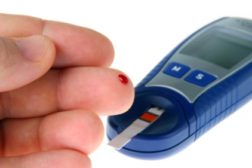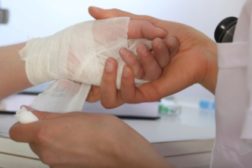Workplace Health
APHA wants more to have sick days, paid family & medical leave
Read More
Calif. passes bill to protect health care workers from toxic drugs
Chemotherapy drug handling linked to higher cancer risk
November 6, 2013
Malaria cases in U.S. reach 40-year high
CDC: Take preventive medicine before traveling
November 5, 2013
Health
Public health experts urge employers to help workers with diabetes prevention
Disease causes 15 million lost work days a year
November 1, 2013
Never miss the latest news and trends driving the safety industry
eNewsletter | Website | eMagazine
JOIN TODAYCopyright ©2024. All Rights Reserved BNP Media.
Design, CMS, Hosting & Web Development :: ePublishing

